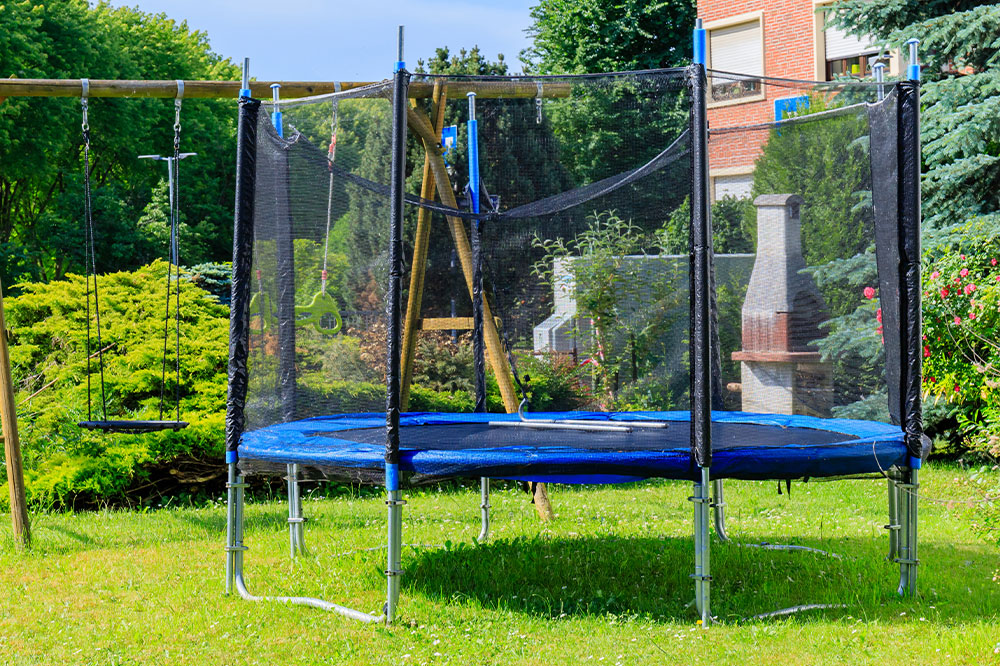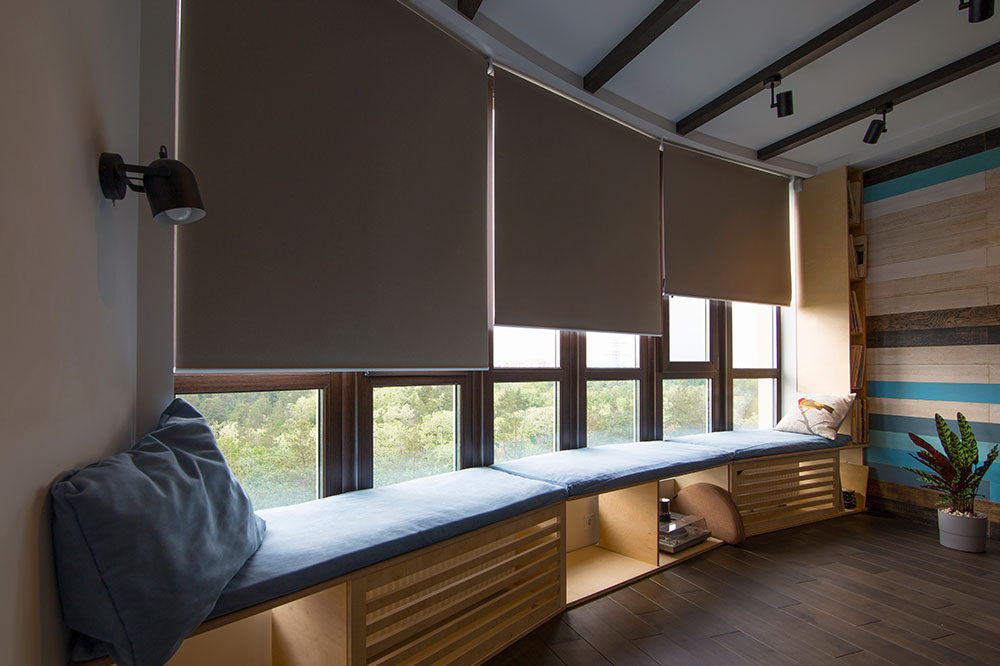5 tips to avoid house sitting disasters

House sitting has become popular over the years for several reasons. The sitter gets to live or stay in the property temporarily in exchange for taking on a host of responsibilities, like ensuring the house is safe, by mutual agreement with the homeowner. However, as easy as it sounds, each home is different, and many variables must be considered before agreeing to the arrangement. Here are five tips to remember to avoid house-sitting disasters:
1. Conduct a house-sitting risk assessment
Before accepting the house-sitting agreement for a rent-free stay, one should always conduct a risk assessment. Problems one may encounter include pets falling sick, leakage or flooding in the house because of a broken pipe, and the possibility of the owners not returning on time, affecting the sitter’s future commitments. One should speak to the owner about all their concerns before agreeing to house-sit.
2. Ask for pictures of the home
One might often agree to a job and dislike the setting later because they never looked at the home’s photos. The home sitter needs to be comfortable in the home, and photos and videos are the best way to determine if they want the job. Additionally, looking at pictures could help identify and address responsibilities that a busy homeowner may forget to mention.
3. Make a list of emergency contacts
One should make a list of emergency contacts if one starts a house or pet-sitting assignment. This could include the emergency phone line, the local vet’s number, the local police station contact details, and a family member to contact when the homeowners are away. If one uses a house-sitting agreement, one should check the contact numbers in the document to help deal with an unexpected situation.
4. Discuss finances
A homeowner might ask the sitter to handle home and pet care expenses and offer reimbursements once they return. But this is not the best idea. While a home sitter could cover smaller expenses and get reimbursed, a homeowner should provide and pay for the necessary utilities required during the sitting. Doing so will ensure the sitter does not have to worry about funds if they have to visit the vet or get expensive plumbing fixed.
5. Consider the possibility of extreme weather
If an individual is house-sitting in an area prone to extreme weather, including hurricanes, flooding, earthquakes, or forest fires, discussing it with the owners would be an ideal choice. They might be able to offer advice on what to do in case such incidents occur. For instance, a homeowner may have storm shutters or window protection tucked away in the garage or basement, which could improve safety in extreme weather.
















